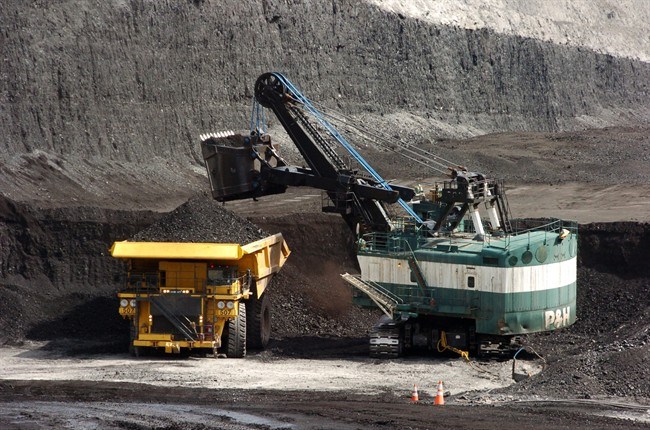B.C.’s flawed environmental-assessment process could worsen the effects of climate change by ignoring the full impact that industrial projects will have on global warming, a new report says.
The University of Victoria’s Environmental Law Centre found that environmental assessments, for example, might consider the greenhouse-gas emissions produced by building and operating a coal mine in B.C. But those same regulators are free to ignore the emissions that will be produced by burning the coal once it reaches Asia, the report says.
“We’re looking at the greenhouse gases coming out of the trucks at the mine site and those kinds of things,” said Calvin Sanborn, the law centre’s legal director. “Meanwhile, we’re ignoring the gigantic emissions that the coal is going to create when it’s burned.”
Further, the report, which was prepared for Sierra Club B.C., says when regulators assess a project, they are not required to consider how it will affect B.C.’s ability to meet its own legislated targets for greenhouse-gas emissions. “This flaw renders the Greenhouse Gas Reductions Targets Act little more than empty rhetoric,” the report says.
It cites, for example, a recent deal with Petronas to build a liquefied natural gas facility near Prince Rupert. The plant’s emissions in B.C. would amount to almost all of the province’s 2050 emissions target, yet regulators don’t have to consider that impact when doing an environmental assessment, the report says.
The report, which was submitted to B.C.’s Climate Leadership Team Monday, recommends reforms that require environmental assessments to consider all direct and indirect greenhouse emissions caused by a project. “It is simply unacceptable that Washington state [environmental assessments] of coal terminals consider the impacts of burning the coal in Asia — while British Columbia ignores such impacts,” the report says.
The report also recommends regulators withhold approval if a project would breach legislated greenhouse-gas-emission targets.
The Ministry of Environment said in a statement Monday that its leadership team will consider the report, along with all other written submissions.
The team will present the government with its final recommendations for a draft climate leadership plan in late October. The public can comment on the draft in December, with the final plan set for release next spring. “B.C. was the first jurisdiction in North America to introduce a broad-based, revenue-neutral carbon tax, and to have a carbon-neutral public sector,” the statement said.
But Sierra Club campaigns director Caitlyn Vernon said the report shows B.C.’s environmental-assessment process is turning a “blind eye” to climate change.
She said that poses a clear risk to the environment, as shown by the wildfires and drought this summer, but also presents an economic risk as demand for fossil fuel falters. “By putting projects to a climate test, we can provide greater certainty for business and for jobs,” she said. “Projects that don’t meet the climate test would be a non-starter, and then projects that are supporting and building the post-carbon alternatives would be supported and invested in, instead.”
[email protected]



